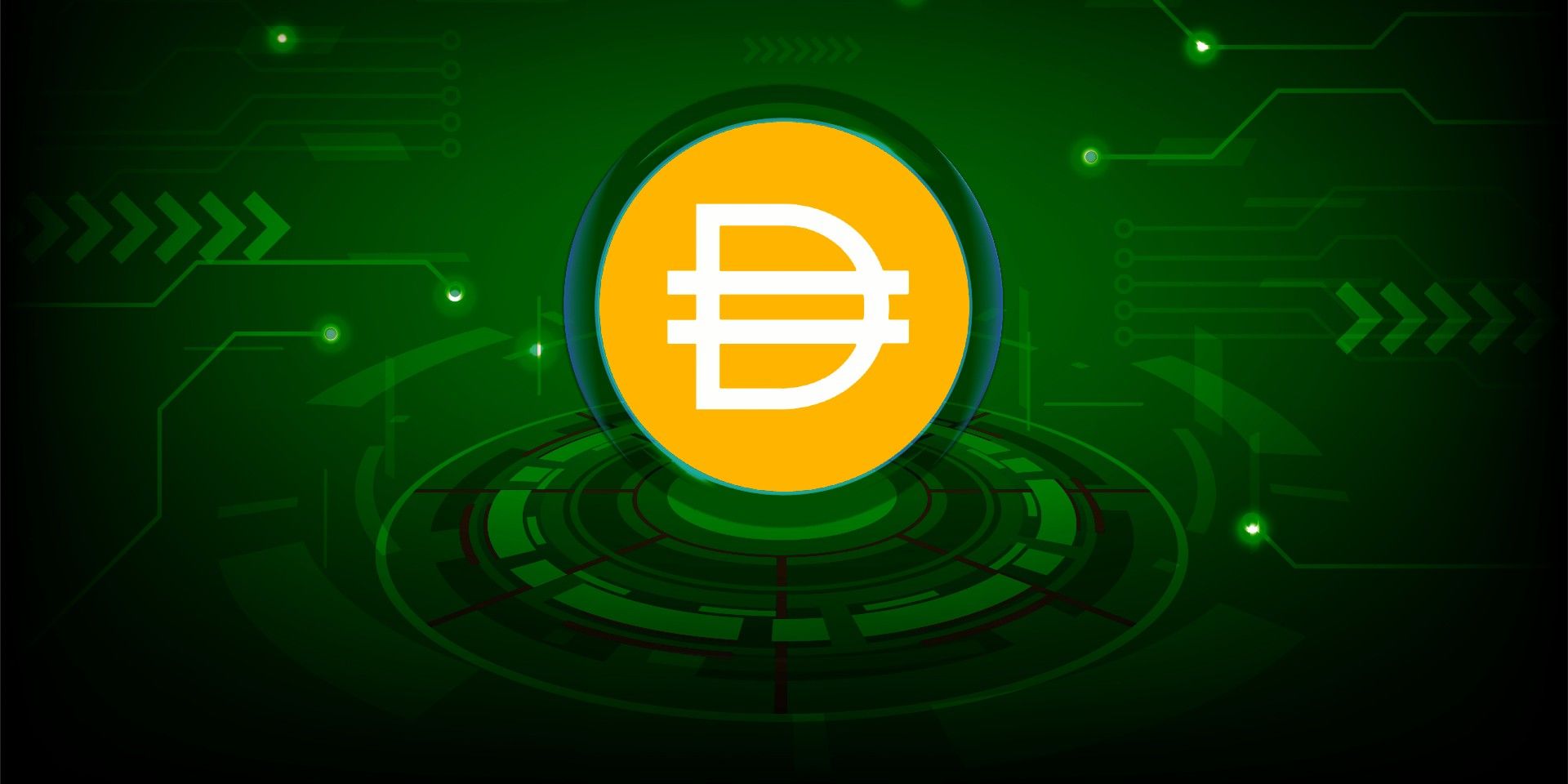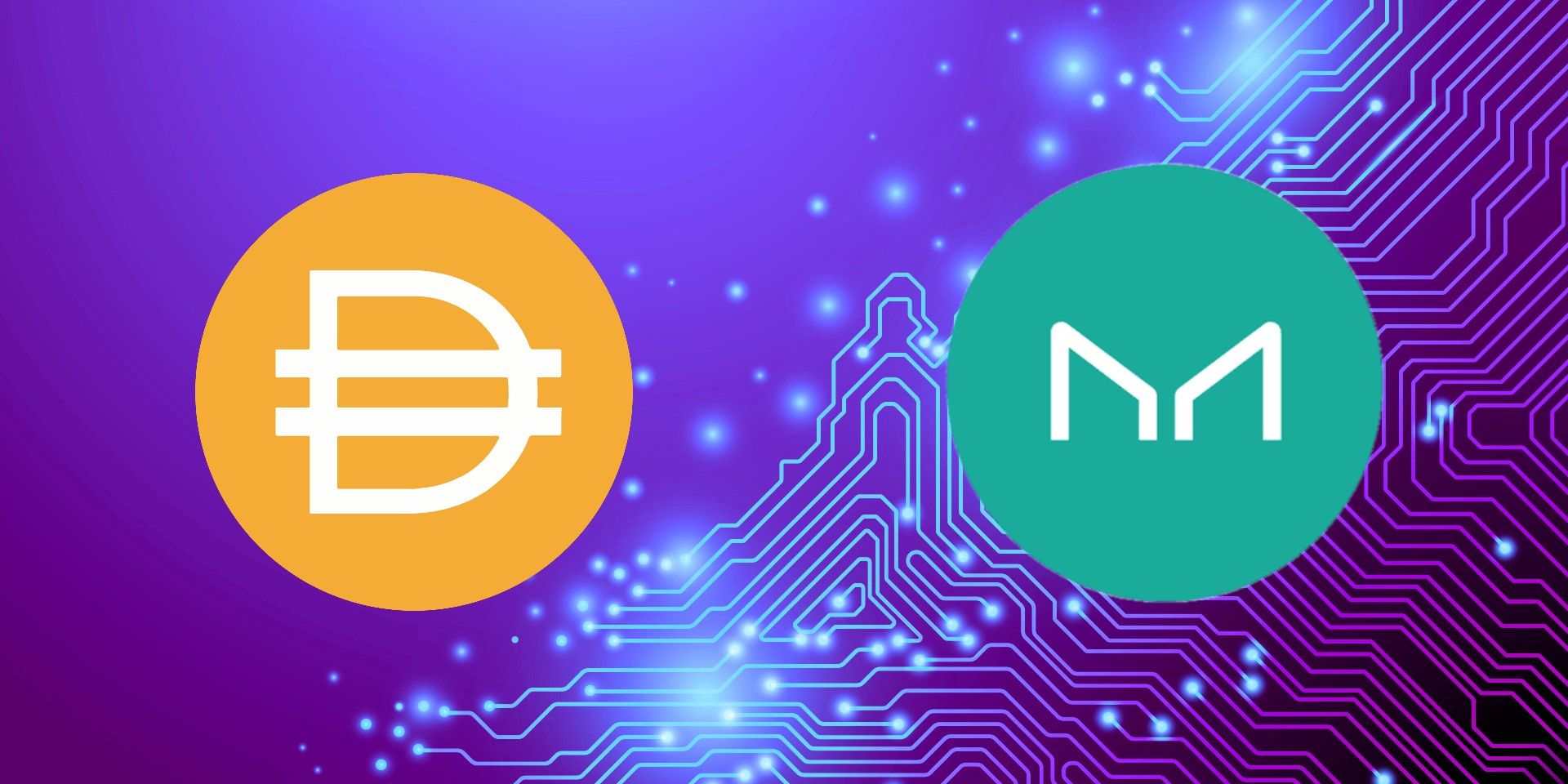Stablecoins have gained a lot of controversy this year thanks to the collapse of UST and its $18B market share, but there is another stablecoin called DAI that works quite differently. DAI's issuer, Maker Protocol, has been dubbed the 'Reserve Bank of DeFi' due to its huge role in decentralized finance (DeFi) applications. It was one of the first DeFi applications created. DAI has since become the digital dollar of DeFi and is the preferred stablecoin among crypto enthusiasts who value transparency and decentralization.
Stablecoins are cryptocurrencies worth one dollar, and they come in three varieties: fiat-backed, crypto-backed and algorithmic. Fiat-backed stablecoins are backed by fiat currencies (i.e., dollars) in a bank account and are issued by a centralized company capable of arbitrarily freezing tokens. Algorithmic stablecoins are backed by nothing but are stabilized by a minting and burning algorithm that artificially controls supply and demand economics and is managed by autonomous blockchain smart contracts that are incapable of freezing tokens. Finally, crypto-backed stablecoins are created by borrowing against cryptocurrencies deposited into a DeFi protocol and are also managed by smart contracts. There are reasons why some stablecoins collapse and others don't, though it is primarily a problem suffered by algorithmic stablecoins. In contrast, fiat-backed and crypto-backed stablecoins haven't suffered any catastrophic collapses (yet).
DAI (also spelled Dai) was the first crypto-backed stablecoin to exist, and according to CoinGecko currently accounts for $5.79B of value. As MakerDAO explains, DAI is created by users depositing ETH, BTC and other cryptocurrencies into 'Vaults' to borrow a fraction of their dollar value in DAI. The deposited crypto then becomes a 'Collateralized Debt Position,' or 'CDP,' and is locked up until the debt is paid off. If crypto prices fall too low, then the CDP is auctioned off for the amount of DAI owed, which burns the DAI created by the CDP. Unlike the stablecoins USDT and USDC, DAI is managed by a decentralized autonomous organization (DAO) called MakerDAO, which actively manages DAI's monetary policy to protect its stability.
How Well Does DAI Hold Its Value?
To everyone's surprise, DAI held its peg to the dollar better than the largest fiat-backed stablecoins, USDT and USDC, during the Terra/UST crisis in May, even though DAI cannot be redeemed for dollars. This is partly due to the Dai Savings Rate (DSR) and the Stability Fee. The DSR allows DAI holders to lock up their DAI and receive partial interest payments made by DAI borrowers, while the Stability Fee determines the interest rate owed by DAI borrowers. Both of these mechanisms control the circulating supply of DAI on the open market, which influences price stability.
This system made Maker Protocol the first cryptocurrency lending and borrowing app of the DeFi industry. Its unofficial title as the 'Reserve Bank of DeFi' is earned because of MakerDAO's active management of DAI's interest rates, similar to how the Federal Reserve manages the dollar's interest rates. However, DAI will not be the only crypto-backed stablecoin on Ethereum when Aave's new GHO stablecoin rolls onto the blockchain. At that point, Aave and Maker Protocol will act as decentralized reserve banks for their respective crypto-dollars.
DAI is different from other stablecoins because it is not backed by fiat currencies or issued by a centralized company, nor can anyone's DAI holdings be frozen. Instead, DAI is loaned out to crypto holders who lock up their assets, allowing them to access part of their crypto's value without selling it. People not interested in holding volatile cryptocurrencies can purchase DAI from a crypto exchange and lock it up to earn the Dai Savings Rate, which rewards interest without the risks associated with lending.


